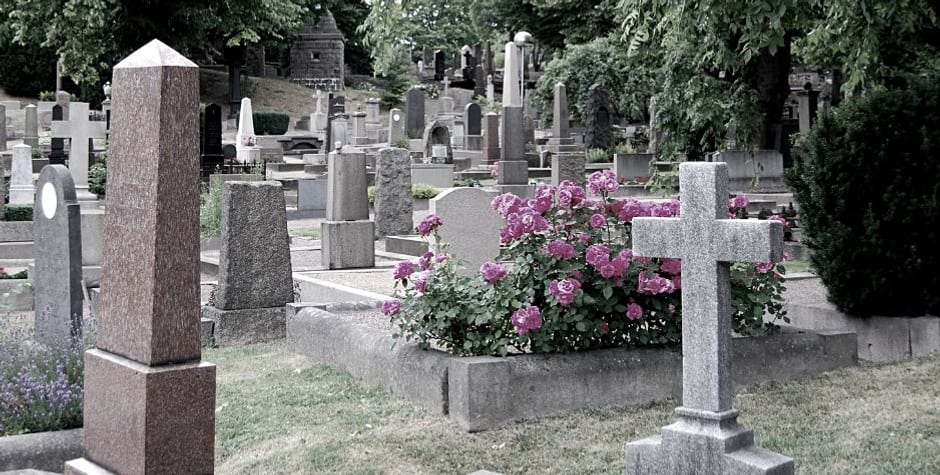While a French Citizens’ Convention on the end of life has come out in favor of legalizing euthanasia and assisted suicide, legal scholar Nicolas Bauer reminds us in Le Figaro that, from an international perspective, “active assistance in dying” is considered a violation of human rights. The European Convention on Human Rights, for example, clearly prohibits intentional deprivation of life.
The Citizens’ Convention on the end of life voted in favor of legalizing euthanasia and assisted suicide. In reaction to this vote, the French pro-euthanasia association (Association pour le droit de mourir dans la dignité – ADMD) stated that such “active assistance in dying” would be “a right given that takes nothing away from anyone.” ADMD defends a “fundamental right to freely choose the time and manner of ending one’s life.” However, there are several legal and factual obstacles to this idea.
The protection of human life in international law
From an international perspective, “active assistance in dying” is considered a human rights violation. The main United Nations treaty protecting human rights (1966) states that “Every human being has the inherent right to life.” This inherence implies that the right to life must be defended regardless of the will of its owner. Similarly, the European Convention on Human Rights (1950) sets out a clear prohibition: “No one shall be deprived of his life intentionally.”
The right to life is different from other fundamental rights. Most rights protect faculties, not realities. For example, the right to marry, to form a union, to practice a religion or to go to court. These faculties are guaranteed by fundamental rights, but a person can renounce them. The right to life is an exception: it is not the faculty of living that is protected, but life itself as an objective reality. Therefore, even if a person wants to die, killing or assisting in suicide violates the right to life.
The distinction between fundamental right and decriminalization
As the European Court of Human Rights (ECHR) recalled last year, the right to life “creates for the authorities a duty to protect vulnerable persons, even against actions by which they endanger their own lives.” The right to life thus confers an obligation on States to defend human life against euthanasia or assisted suicide. The European judges consider that the right to life cannot “be interpreted as conferring the diametrically opposed right, namely a right to die.”
In Europe, no state considers euthanasia and assisted suicide to be fundamental rights, as ADMD does. Euthanasia has been decriminalized under certain conditions in the Netherlands (2001), Belgium (2002), Luxembourg (2009) and Spain (2021). However, outside the conditions provided for by law, euthanasia remains a criminal offence. The same applies to assisted suicide in Switzerland, as well as in Italy, Germany and Austria. In the latter three countries, court decisions have ordered governments to decriminalize assisted suicide, without creating a new right.
While a fundamental right is intended to enable a good, decriminalization of a practice is morally equivalent to tolerating an “evil.” In theory, when an act violates a human right, it is prohibited by international law. In practice, the ECHR preferred not to condemn Belgian law in a judgment of October 2022. This reversal, which was not unanimous, can be explained by ideological reasons. Some of the judges who sat in the case expressed their disagreement with the judgment, pointing to a denial of the right to life.
Practices that engage health professionals and society as a whole
From a social point of view, the experience of countries that have decriminalized euthanasia or assisted suicide shows that it is false to assert that these practices “take nothing away from anyone.” First and foremost, they involve health professionals. Thirteen French organizations, representing 800,000 health professionals, recently recalled in Le Figaro that “no country has legalized a form of administered death without inserting the participation of a caregiver in the process.” These health professionals indicate that they reject euthanasia and assisted suicide as incompatible with their profession and ethics.
“Active assistance in dying” also has an impact on all of society, especially on the vulnerable. This is what health professionals from the Netherlands and Belgium explain in a French documentary produced by Bernard de la Villardière (February 2023). After twenty years of practicing euthanasia, they observe a social pressure on patients whose life would not be worth living anymore. The criteria to be fulfilled to be assisted in dying become the “final stage,” a new norm. The person whose health condition fits these criteria is inevitably confronted with the question of provoking his or her own death.
SIGNATURES











